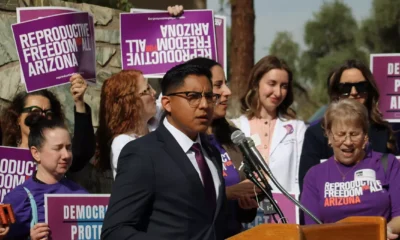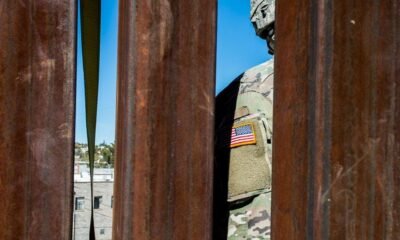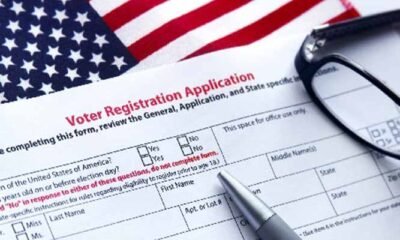Arizona Court of Appeals
Court Upholds Judicial Retention Laws for Appellate Courts

A judge has dismissed a case by the Goldwater Institute to alter the election method for state Court of Appeals judges.
Maricopa County Superior Court Judge Frank Moskowitz ruled that the current voting restrictions for appellate judges don’t breach constitutional provisions guaranteeing free and equal elections. Each resident, he argued, retains an equal right to vote, even if they can’t decide on every appellate judge’s retention.
Moskowitz criticized the Goldwater Institute for using the free elections clause to bring their case forward.
“There are no allegations about vote miscounts, ballot access restrictions, intimidation, or other influences deterring free voting,” Moskowitz wrote.
The Goldwater Institute’s argument of unequal rights for voters lacked factual support to show unconstitutionality, Moskowitz stated. A mere allegation wasn’t sufficient for an Arizona lawsuit.
Goldwater Institute spokesman Joe Seyton announced plans to appeal the ruling.
Appellate judges, chosen by the governor from a special panel’s nominations, appear on the ballot every six years for retention votes.
The issue at hand is who gets to vote for which judges.
All Supreme Court justices face statewide votes, unlike appellate judges.
The Court of Appeals is split into two divisions, each covering specific counties.
Division 1 has 19 judges: 10 from Maricopa County voted on by its residents, 5 from other counties also elected locally, and 4 elected at large.
Division 2 follows a similar pattern, with judges elected from specific counties and at large.
Goldwater’s attorney Andrew Gould argued that local voting for appellate judges is unfair due to statewide precedents set by appellate decisions.
A Yuma resident, for example, could have an appeal decided by judges they’ve never voted for or against, Gould noted.
Moskowitz conceded that point but clarified no constitutional breach exists.
He cited the Arizona Constitution, allowing retired justices or judges to serve in any court without voter approval.
“And no voter will ever vote for them,” Moskowitz added, noting Goldwater’s silence on this issue.
Moskowitz also highlighted the Supreme Court’s power to reassign judges across counties. Thus, a Pima County Superior Court judge might serve in Division 1 without voters outside Pima having any say.
Moreover, superior court judges have “statewide jurisdiction,” meaning their county-based elections don’t negate their broader impact, Moskowitz stated.
For instance, Maricopa County Superior Court decisions on ballot measures affect all 15 counties, despite voters in only one county deciding the judge’s retention.
The sheer volume of appellate cases that go unreviewed by the Supreme Court also underscores Goldwater’s focus on appellate court elections.
Goldwater’s ongoing attempts include recent legislation sponsored by House Speaker Ben Toma to enable statewide voting on appellate judges, a measure vetoed by Gov. Katie Hobbs.
Gov. Hobbs argued that statewide voting would dilute the influence of voters most impacted by each division’s judges.


















